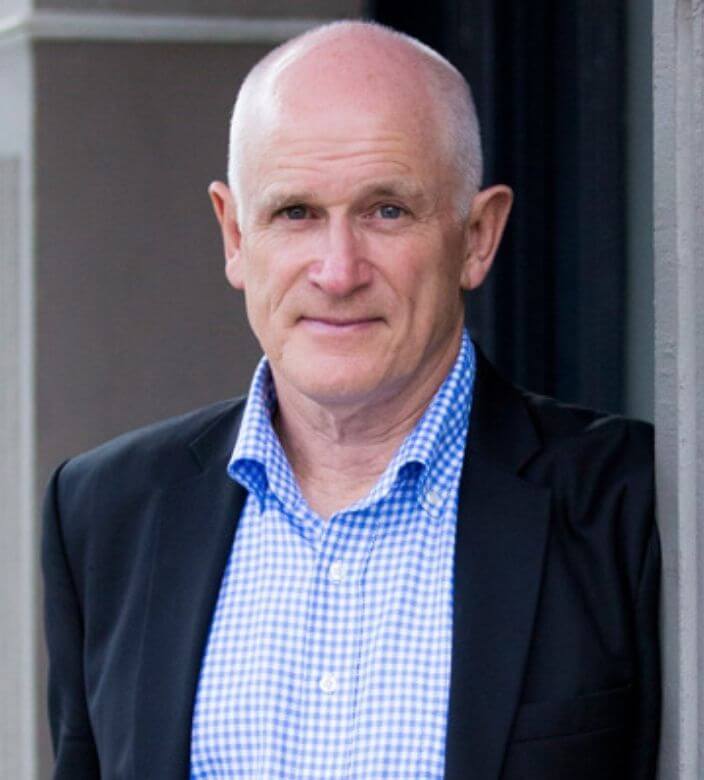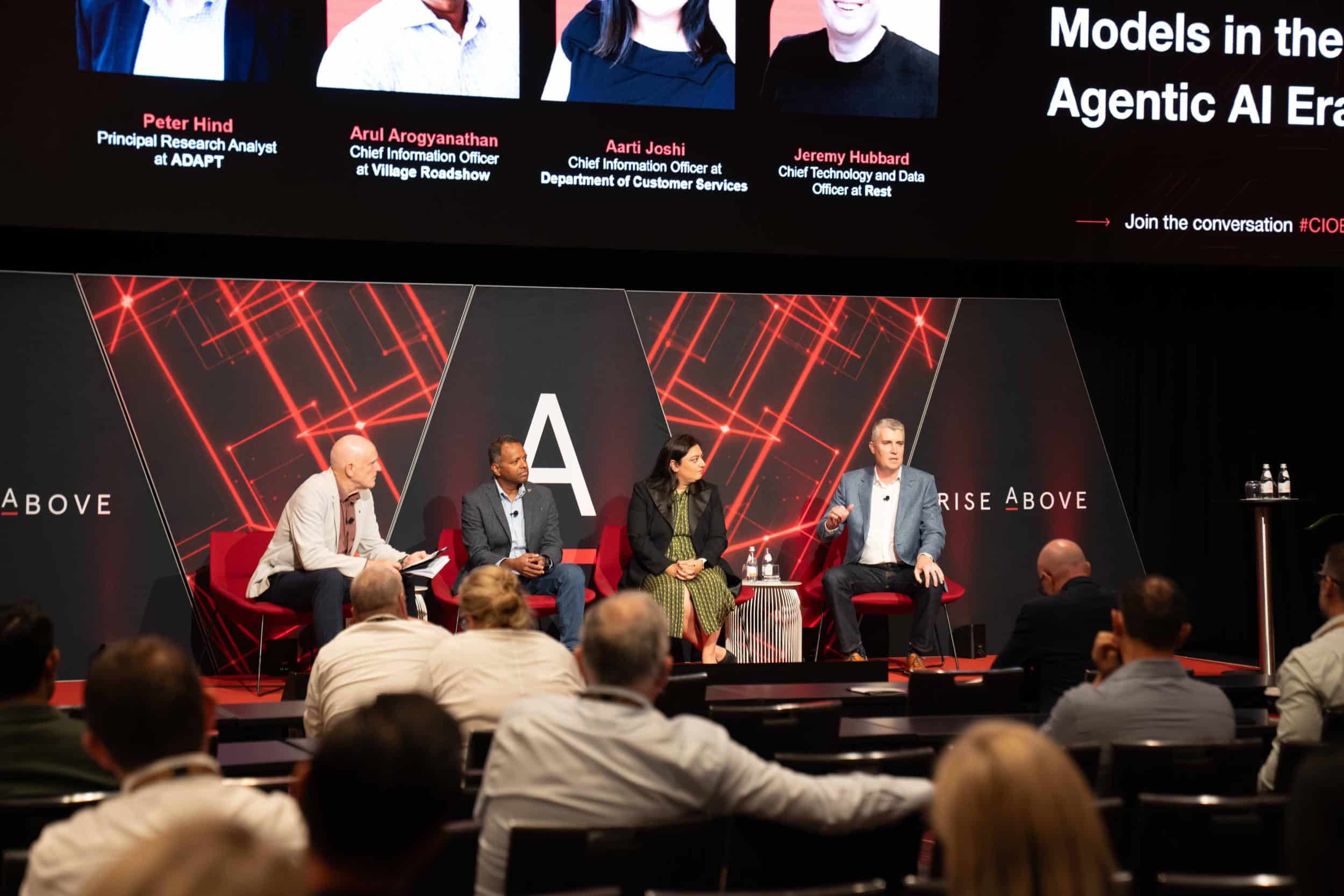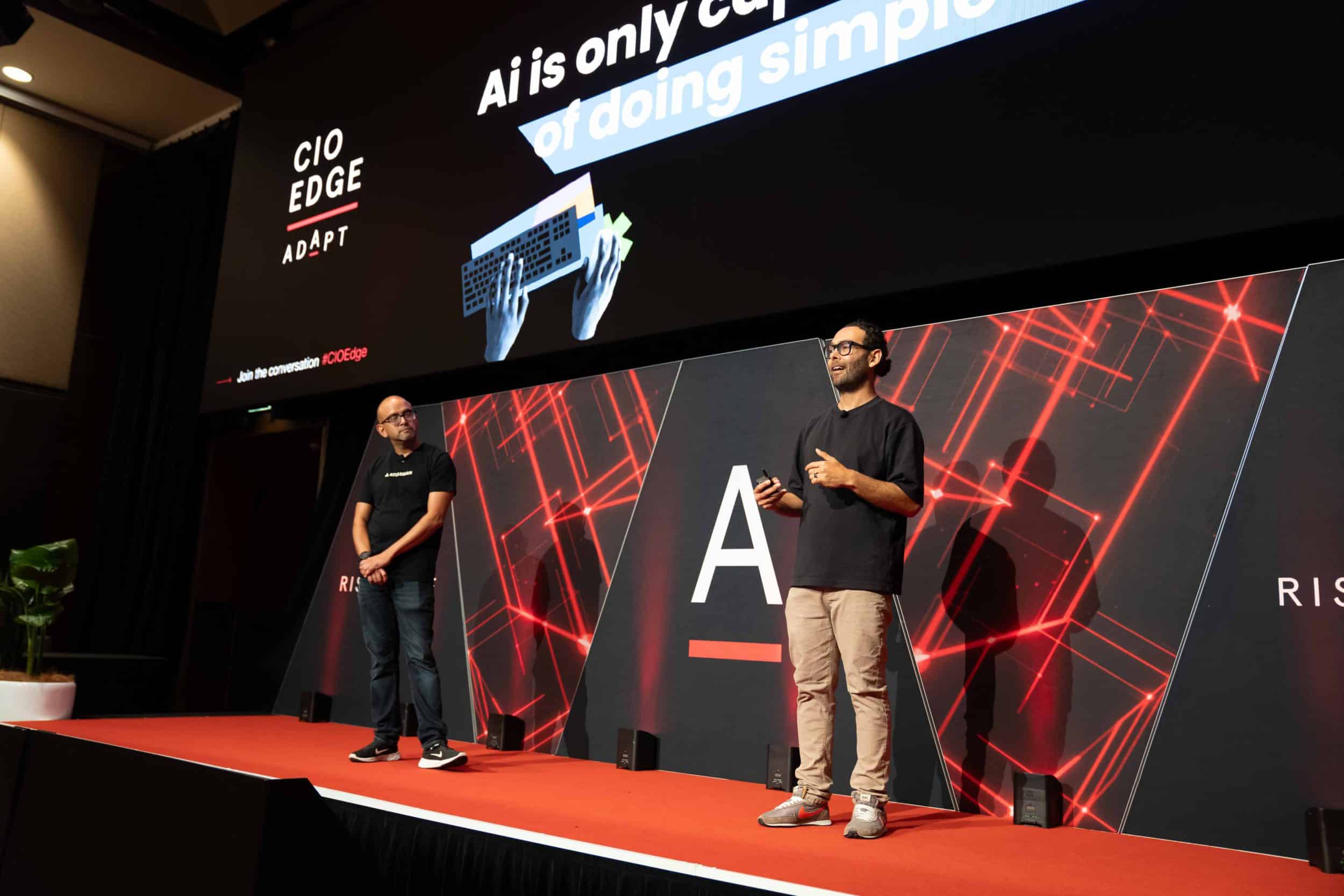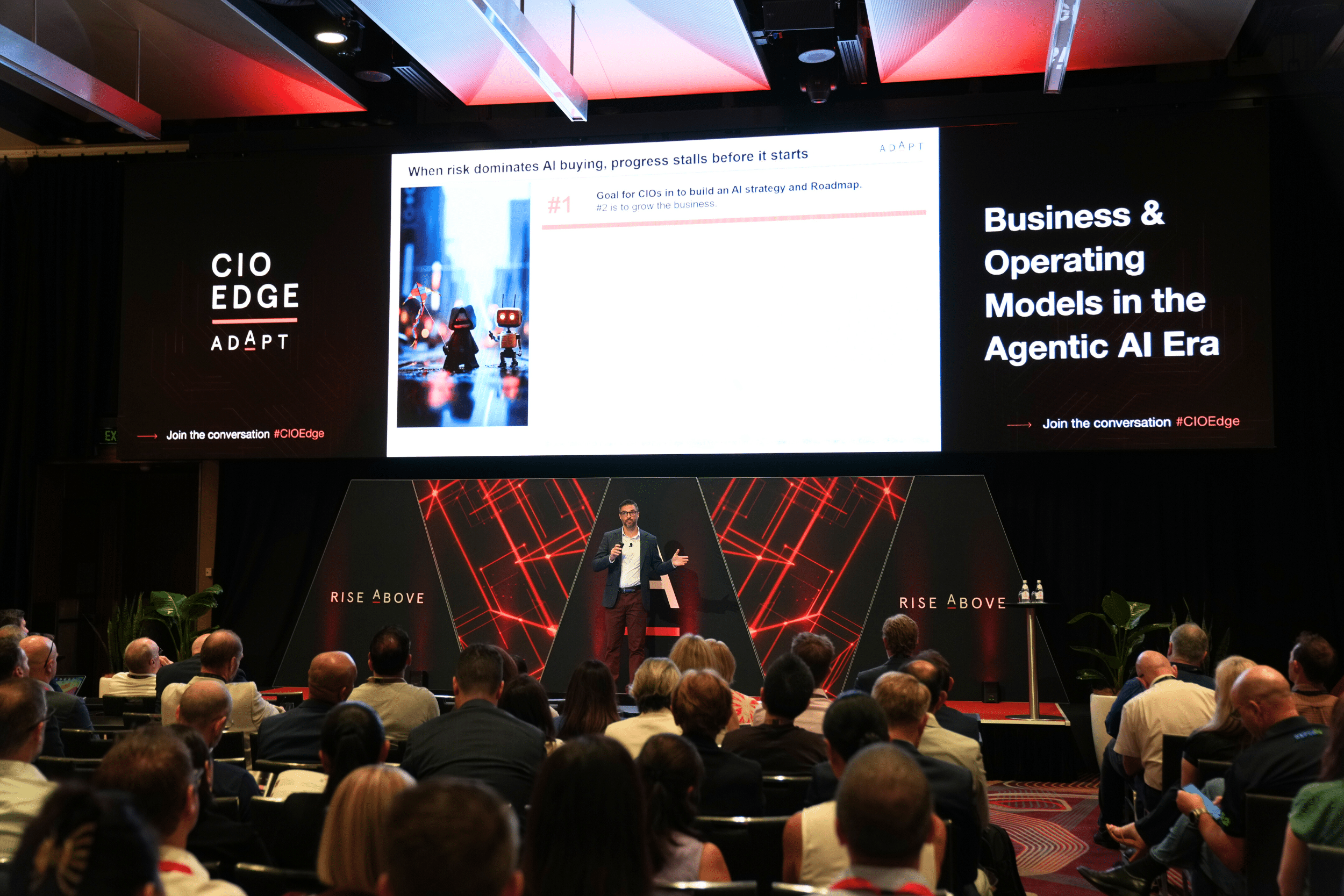How Coles is shaping the future of retail with AI and sustainable tech
Sakshee Kohli, Head of Engineering and Store Infrastructure at Coles, shares insights into the priorities guiding Coles' tech strategy. The company’s focus aligns with its 3D strategy: destination for food and drink, accelerated by digital, and delivered consistently for the future.Sakshee Kohli, Head of Engineering and Store Infrastructure at Coles, shares insights into the priorities guiding Coles’ tech strategy.
The company’s focus aligns with its 3D strategy: destination for food and drink, accelerated by digital, and delivered consistently for the future.
Sakshee highlights that the key goals are delivering faster, maintaining quality and doing so cost-effectively.
Agility, in terms of rapid feature deployment and seamless customer experiences, is a top priority, all while keeping an eye on scalability and future readiness.
To navigate the complexity of retail technology, Sakshee emphasises the importance of cross-functional collaboration and ruthless prioritisation.
She addresses challenges like managing store infrastructure, ensuring quality in tech deployment and delivering features at scale.
Sakshee also discusses how Coles uses technology to solve business problems, like reducing loss through AI-driven skip-scan solutions.
By focusing on the business outcomes, tech becomes an enabler for retail innovations, such as improving freshness, affordability and personalisation.
Looking to the future, Sakshee foresees AI playing a pivotal role in optimising consumer behaviour analysis and loss prevention.
However, she acknowledges that tech lifecycle management will remain a critical challenge, especially as organisations focus on sustainability.
Coles will continue leveraging data and AI to enhance operations, while managing the ongoing costs of maintaining cutting-edge technology in a fast-paced retail environment.
Key takeaways:
- Agility and quality in tech deployment: Coles prioritises delivering faster while maintaining high quality and managing costs, with a strong emphasis on agility in deploying and releasing technology solutions quickly.
- Technology as a business enabler: Coles leverages technology to solve specific business problems, such as reducing loss and enhancing freshness and affordability, using tools like AI and computer vision.
- Future focus on AI and sustainability: AI will play a major role in optimising customer insights and operational efficiencies, while managing the lifecycle and sustainability of large-scale technology systems remains a key challenge.






























